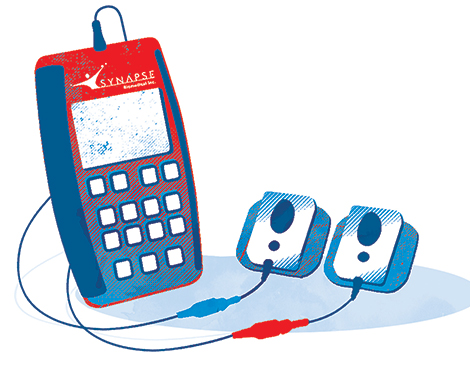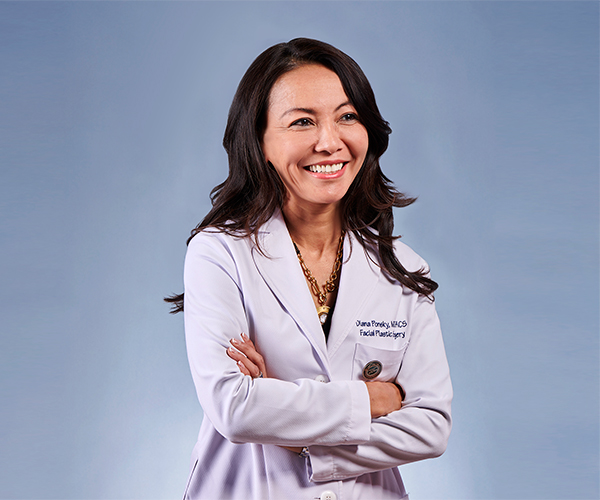Ventilators have become a key component in treating many patients with COVID-19. With the machines in high demand, Dr. Raymond Onders, chief of general and gastrointestinal surgery at University Hospitals, recently obtained FDA emergency use authorization for the TransAeris Diaphragmatic Pacing Stimulator System, which would reduce the time patients would have to use traditional ventilators. We spoke with Onders to learn more about the FDA approval process and how the TransAeris system is helping to save lives.

Q: How do you apply for FDA emergency use authorization?
A: Early in the COVID-19 pandemic, we realized we could address the growing shortage of
ventilators and intensive care beds by reducing the use of prolonged mechanical ventilation with diaphragm pacing. In 2008, this technology was certified and has been used in spinal cord injury patients. With a device and safety and usage data already available, we applied for and quickly received FDA emergency use authorization of the TransAeris System with all ICU patients.
Q: How does the TransAeris Diaphragmatic Pacing System work?
A: Diaphragm pacing is like very aggressive physical therapy for the diaphragm. By temporarily placing electrodes on the diaphragm and using external stimulation, the diaphragm will contract, maintaining muscle strength and function and preparing the patient to breathe on their own. With this technology, we have shortened overall ventilator time by approximately 26% and the ventilator weaning process by more than 60%.
Q: How does diaphragm pacing benefit COVID-19 patients?
A: It is extremely important to get COVID-19 patients off the ventilator and breathing on their own as soon as possible. Every day a patient is on a ventilator, they become weaker and have a greater risk of developing pneumonia. Shortening a patient’s time on the ventilator reduces their morbidity, or incidence of disease, and mortality rate and represents a positive change in their care and prognosis.
Click here to search the full list of Cleveland’s 962 top physicians in 69 specialties.




